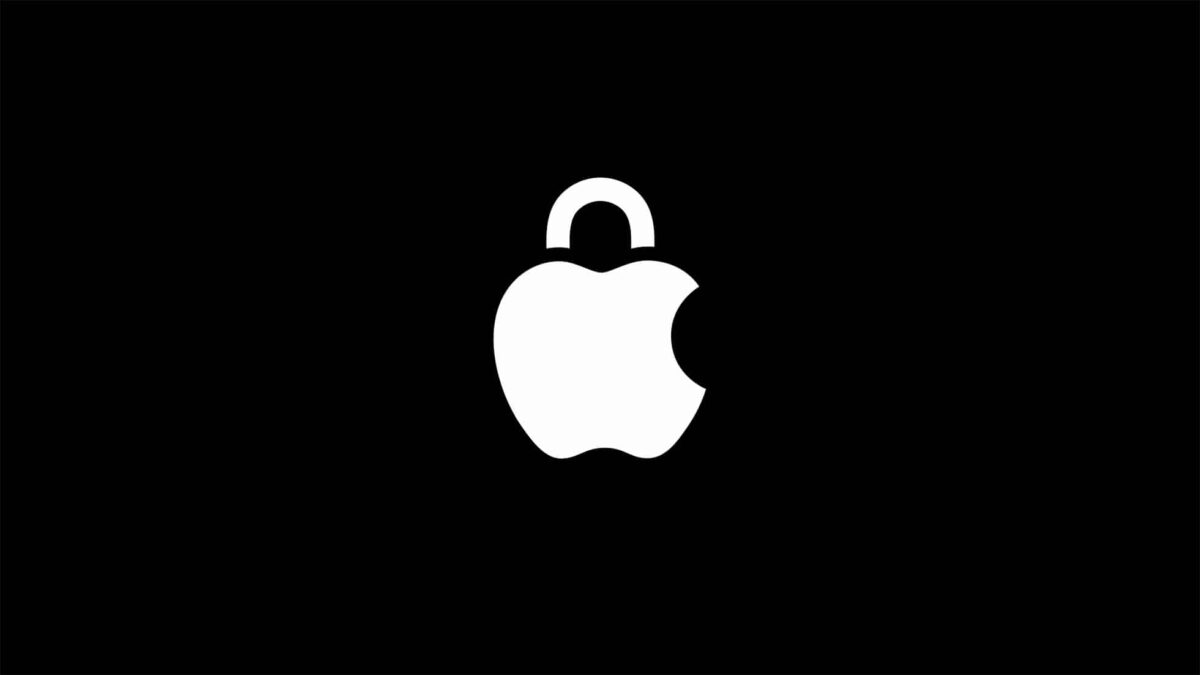Apple has alerted iPhone users regarding suspected spyware threats, urging them to take the warnings seriously. Since 2021, Apple has been notifying users believed to be targets of state-sponsored malware or spyware attacks. In April 2024, users in 92 countries received such alerts, and now, according to TechCrunch, new warnings have been sent to users in 98 countries. These notifications indicate that Apple has detected attempts to compromise iPhones through mercenary spyware.
Mercenary spyware represents a burgeoning threat in the digital landscape. Unlike state-sponsored spyware, which is typically developed and deployed by government entities, mercenary spyware is created by private companies and sold to various clients, including governments, corporations, and other organizations. This commoditization of spyware means that the tools for conducting sophisticated cyber espionage are more widely available than ever before.
The term “mercenary spyware” used by Apple indicates the involvement of for-profit entities that develop and sell these tools. These companies often operate in legal grey areas, exploiting regulatory gaps and leveraging advanced technologies to evade detection. The global nature of their operations and their willingness to sell to any buyer with deep enough pockets make them particularly dangerous.

The alert message sent by Apple states: “Apple detected that you are being targeted by a mercenary spyware attack that is trying to remotely compromise the iPhone associated with your Apple ID.” The message further explains that the attack is likely targeting individuals based on their identity or profession. Apple emphasizes the seriousness of these warnings, stating it has high confidence in its detection methods, even though absolute certainty is unattainable.
Apple has chosen not to disclose the methods it uses to detect suspected spyware attacks. This is to prevent potential bad actors from circumventing detection in the future. Similarly, Apple does not attribute these attacks to specific organizations or governments. While earlier warnings specified “state-sponsored” attacks, the current alerts use the term “mercenary spyware” instead.
The timing and manner of these alerts suggest that Apple may be responding to coordinated mass attack attempts. However, the tech giant does not wait to issue these warnings in batches but rather as they detect new threats.
The nature of spyware, such as the notorious Pegasus software developed by NSO, highlights the severity of these threats. Pegasus can access almost all personal data on an iPhone without any user interaction, making it a formidable tool for malicious actors. Governments, including those with poor human rights records, often use such software to target opposition politicians, human rights activists, journalists, and lawyers
How can you protect your iPhone?
- Enable Lockdown Mode: This feature, available in iOS, is designed to protect against targeted attacks by reducing the device’s attack surface. It limits certain functionalities and restricts some communications, making it harder for spyware to gain a foothold.
- Keep iOS updated: Regular software updates often include security patches that address known vulnerabilities. Keeping your device updated ensures you have the latest protections.
- Use strong passwords: A strong, unique password for your Apple ID and other accounts makes it more difficult for attackers to gain access.
- Enable two-factor authentication (2FA): 2FA adds an extra layer of security by requiring a second form of verification in addition to your password.
- Be cautious of suspicious links and attachments: Avoid clicking on links or opening attachments from unknown sources, as these can be vectors for malware.
- Regularly review app permissions: Check which apps have access to sensitive data and revoke permissions that seem unnecessary.
Addressing the threat of mercenary spyware requires international cooperation. Governments, tech companies, and cybersecurity experts must work together to develop and enforce regulations that limit the proliferation of these dangerous tools. This includes establishing norms and agreements that restrict the sale and use of spyware by private entities.
Additionally, there should be efforts to increase transparency and accountability within the cybersecurity industry. Companies that develop and sell spyware should be subject to scrutiny, and their activities should be regulated to prevent abuse. This could involve mandatory reporting of sales and clients, as well as regular audits to ensure compliance with ethical standards.
(via TechCrunch)